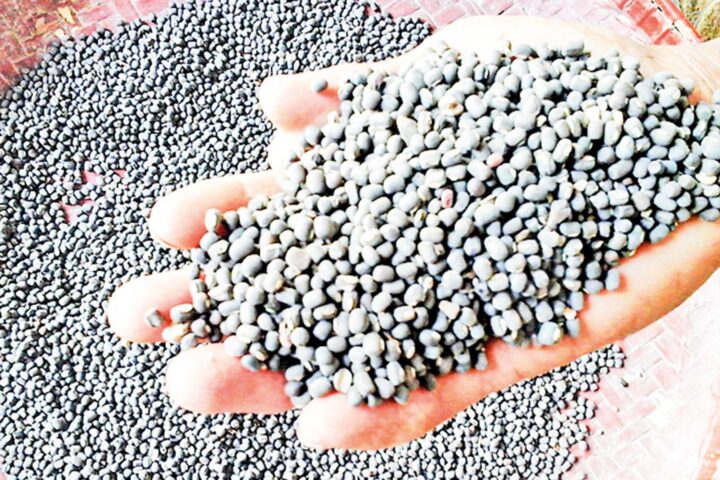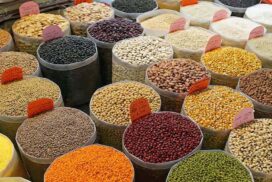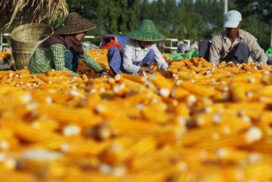India notified on 28 December that the free import policy of black gram (urad) and pigeon pea (tur) extended up to March 2021, pushing black gram price down to below K1.7 million per tonne in the domestic market.
On 13 December, black gram fetched K1,838,000 per tonne. The price was on a downward trend and touched a low of K1,692,000 per tonne following the recent notification of India.
The figures indicated a sharp drop of K150,000 per tonne within three weeks.
The price fluctuation of black gram is positively related to the main buyer India’s import policy and demand, traders said.
Additionally, the price of black gram is falling in the Chennai market in India. Trading is slow-moving amid the Christmas and New Year holidays. Moreover, the exchange rate in the grey market affected the price of black grams as well. At present, Kyat is exchanging around K2,800 against the US dollar.
In late August, the dollar against Kyat peaked at K4,500 in the black market. Following that, the black gram price reached a record high of K2.1 million per tonne.
Myanmar bagged over US$900 million from more than 1.1 million tonnes of pulses exports over the past eight months in the current financial year. Of them, black gram export earned $402.98 million from 483,359.221 kilogrammes, the Ministry of Commerce’s statistics showed.
Myanmar primarily exports black gram, green gram and pigeon peas. Of them, black gram and pigeon peas are mainly sent to India while green grams are shipped to China and Europe.
India has growing demand and consumption requirements for black gram and pigeon peas. According to a Memorandum of Understanding between Myanmar and India signed on 18 June 2022, India will import 250,000 tonnes of black gram and 100,000 tonnes of pigeon peas (tur) from Myanmar for five consecutive years from 2021-2022 financial year to 2025-2026 FY. This G-to-G pact will not affect the pulses’ annual quota set by India. Myanmar’s exporters are also entitled to deliver the pulses to India under that annual quota.
Myanmar yearly produces approximately 400,000 tonnes of black gram and about 50,000 tonnes of pigeon peas. Myanmar is the top producer of the black gram that is primarily demanded by India, while pigeon peas, green grams and chickpeas are cultivated in Australia and African countries besides Myanmar. — NN/EMM
Black gram price dips to below K1.7 mln per tonne on amendment of import policy by India
- January 02, 2023
- 561














